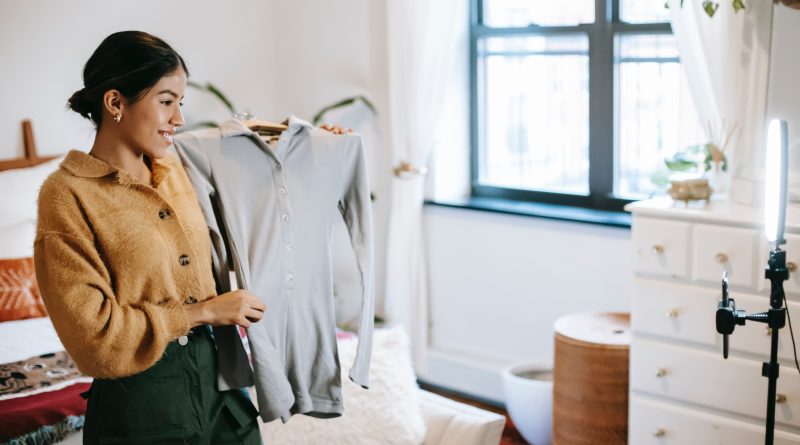Top 5 reasons why influencers boost sales for retailers
In the modern age of digital marketing, influencers have become a powerful tool for retail companies to boost customer engagement and sales.
Influencers are people with a substantial following on social media platforms like Instagram, TikTok, and YouTube. As a result of this following and the relationship between consumer and influencer, the latter has the power to influence the former and their purchasing decisions.
So, how can influencers boost sales for retail companies?
1. Build trust with their followers
One of the key reasons why influencers can help boost sales for retail companies is that they build trust with their followers. When an influencer promotes a product or service, their followers are more likely to trust their recommendation because they have built a relationship of trust with the influencer over time. This can be leveraged by retail companies to promote their products and services, which can ultimately lead to increased sales.
2. Help expand brand reach
By their nature, influencers will have a substantial following on social media platforms, which means that they have a broad reach. When an influencer promotes something, their followers are exposed to the brand behind the product or service, which can help increase brand awareness and reach.
By working with influencers, retailer can tap into that reach and leverage it to expand theirs, leading to a greater émigré with the brand and, therefore, more sales.
3. Provide valuable user-generated content
Another benefit of working with influencers is their provision of valuable user-generated content. When an influencer promotes a product, for instance, they often create content that showcases it in use. This can then be used by retail companies on their own social media channels and websites.
The user-generated content created by influencers can help retail companies showcase their products in an authentic and relatable way, increasing consumer trust in the brand and its offerings.
4. Target specific demographics
Influencers often have a niche following – for instance, teenagers that like extreme sports or special effects makeup – which means they can target specific demographics.
Indeed, a fashion influencer with a predominantly female following who are interested in fashion and beauty will be a prime candidate for working with companies like Rimmel and MUA. By working with influencers who have a niche following, retailer can target their ideal customers more effectively.
5. Drive traffic to retail websites
Finally, and quite simply, influencers help drive traffic to retail websites. When an influencer promotes a product or service, they will often include a link to the product on the retailer’s website, leading people to there in vast quantities. Additionally, if an influencer promotes a discount code or exclusive offer, this can incentivize their followers to visit and make a purchase.
Influencers have emerged as indispensable assets in the arsenal of retail companies seeking to enhance customer engagement and drive sales in the digital age. As the landscape of digital marketing continues to evolve, retailers stand to benefit significantly from strategic collaborations with influencers, harnessing their influence to cultivate lasting relationships with consumers and achieve sustained growth in an increasingly competitive marketplace.
